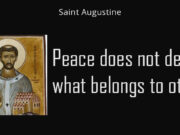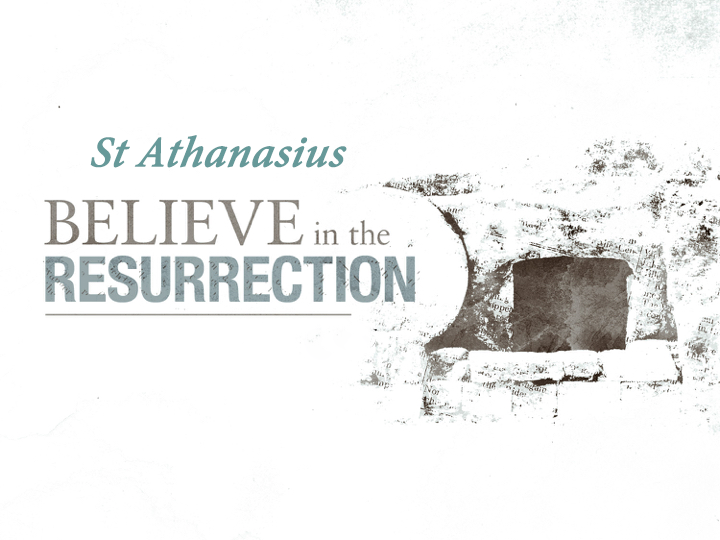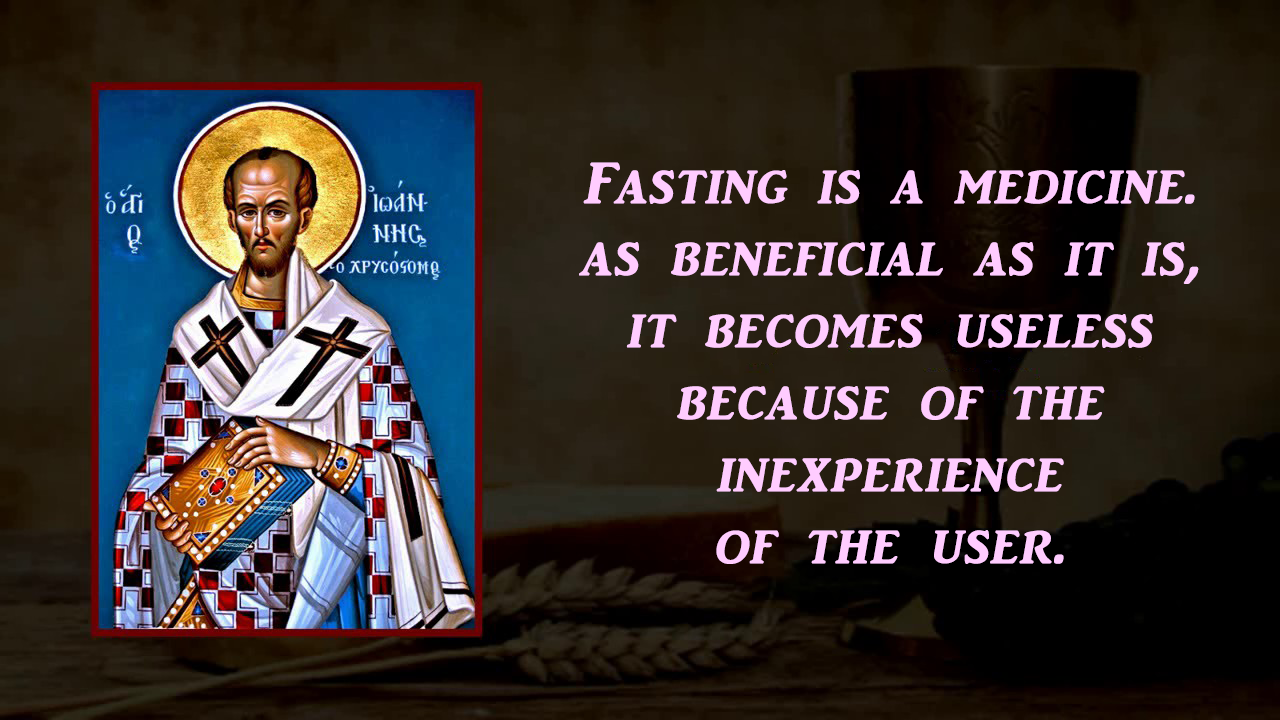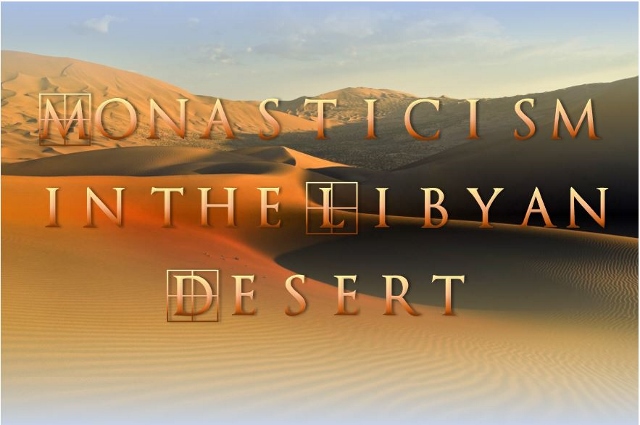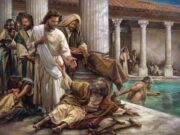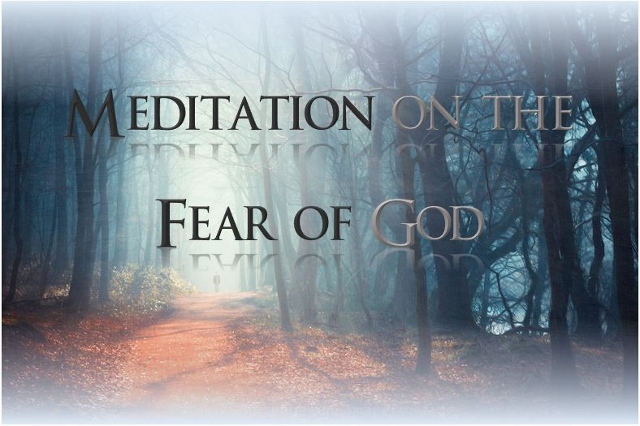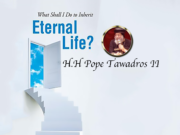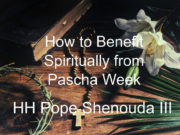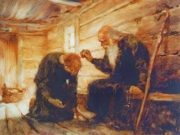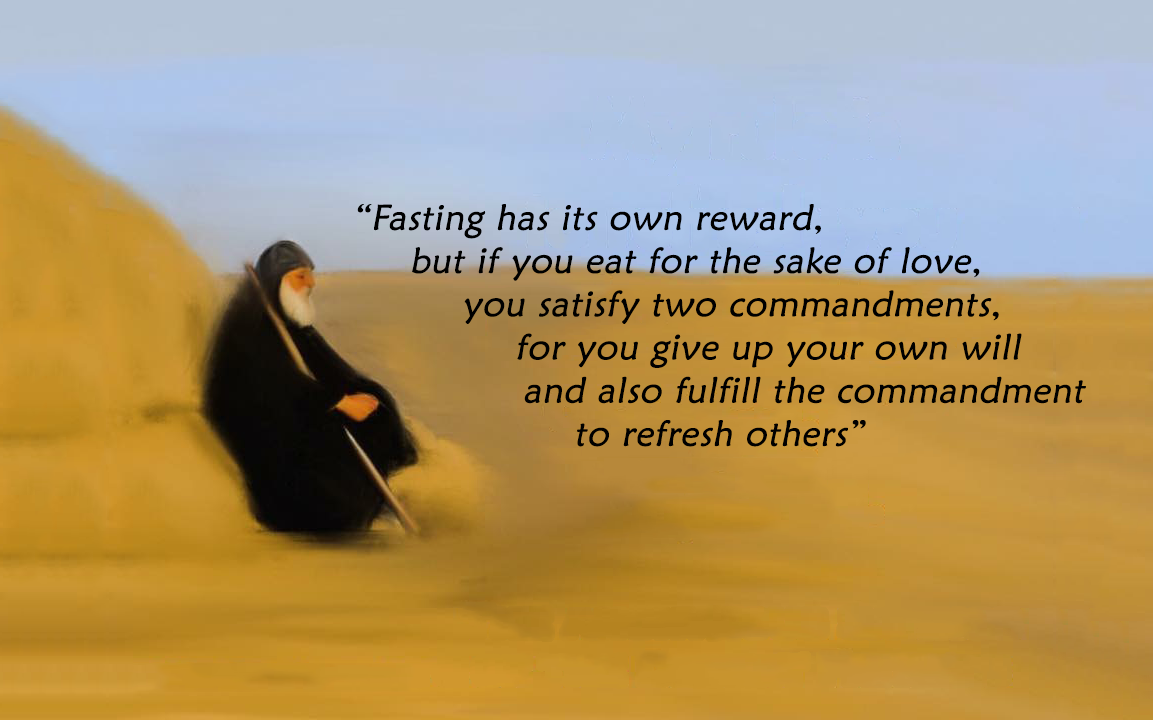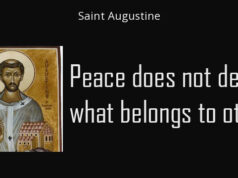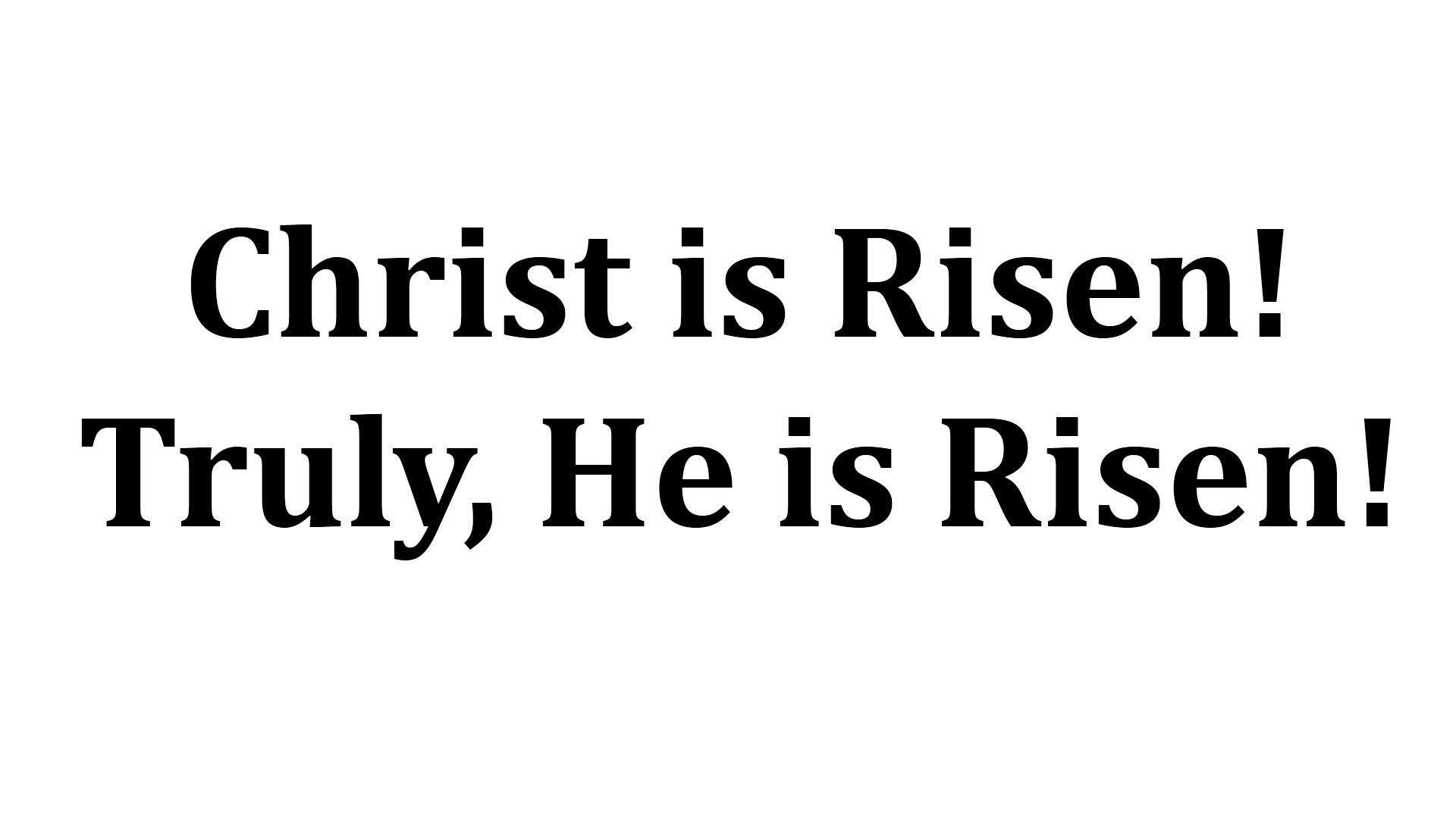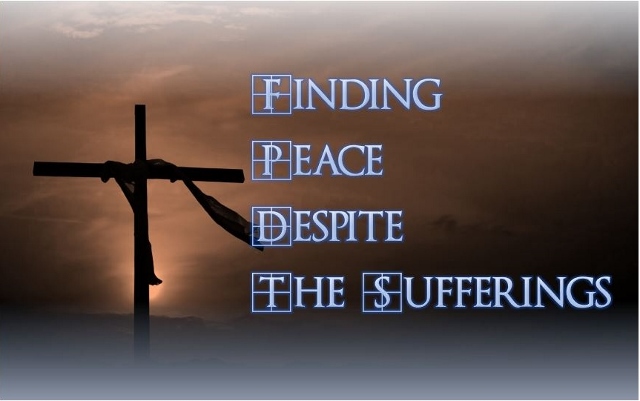
As we endure these difficult times and suffering, we experience a range of emotions, including despair, anger, and restlessness. The Lord has blessed us with His peace and promised us victory over all evil.
“Peace I leave with you; My peace I give to you.” (Jn 14:27) Jesus gives His peace. He does not loan it; He does not take it back. The peace that is in Jesus – “My peace” – becomes the disciples’ final possession. At the beginning of each day, it is possible for me to be confirmed in the Saviour’s peace, no matter what anxieties the day brings.
The Saviour gives His disciples His peace at the moment when His Passion is about to begin. When He is confronted with the vision of immediate suffering and death, He proclaims and communicates His peace. If at such moments, Jesus is the Master of Peace, then the strength of this peace will not abandon the disciple in moments of lesser strife.
“But I say to you, do not resist evil.” (Matt 5:39). How scandalous and foolish is this statement in the eyes of men, and especially of unbelievers? How do we interpret this commandment – about turning the left cheek to the one who struck the right, giving our cloak to the one who took our tunic, walking two miles with the one who forced to go one mile already, giving a blessing to him who curses us? Have we explored the ways and means of loving our enemy – whether he be a personal or public enemy? “You do not know of what spirit you are…” (Lk 9:55)
No, it is a question of resisting the Gospel. The choice is not between fighting and not fighting, but between fighting and suffering. Fighting brings about only vain and illusory victories, because Jesus is the absolute reality. Suffering without resistance proclaims the absolute reality of Jesus. If we understand this point, we see that suffering is a real victory. Jesus said: “It is enough” (Lk 22:38) when His disciples presented Him with two swords. The disciples had not understood the meaning of Christ’s statement, “He who does not have a purse, let him sell his coat and buy a sword.” (Lk 22:36) What Christ meant was that there are times when we must sacrifice what seems the most ordinary thing, in order to concentrate our attention on the assaults of the evil one. But defense and attack are both spiritual.
Jesus goes out to the front of the soldiers, who with their torches and weapons, want to lay hands on Him. (Jn 18:4) He goes freely, spontaneously, to His passion and His suffering.
Jesus cures the servant whose right ear had been cut off by the sword of a disciple. (Matt 26:51) Not only is Jesus unwilling that His disciple defend Him by force, but He repairs the damage that the sword has caused. It is the only miracle that Jesus performed during His passion. The example of non-resistance that Jesus gave does not mean that He consents to evil, or that He remains merely passive. It is a positive reaction. It is the reply of the love that Jesus incarnates – opposed to the enterprises of the wicked. The immediate result seems to be the victory of evil. In the long run, however, the power of this love is the strongest.
The Resurrection followed the Passion. The non-resistance of the martyrs wore out and inspired the persecutors themselves. It is the shedding of blood that has guaranteed the spread of the Gospel. Is this a weak and vague pacifism? NO – it is a burning and victorious flame. If Jesus, at Gethsemane, had asked His Father for the help of twelve legions of angels, there would have been no Easter or Pentecost – and no salvation for us.



